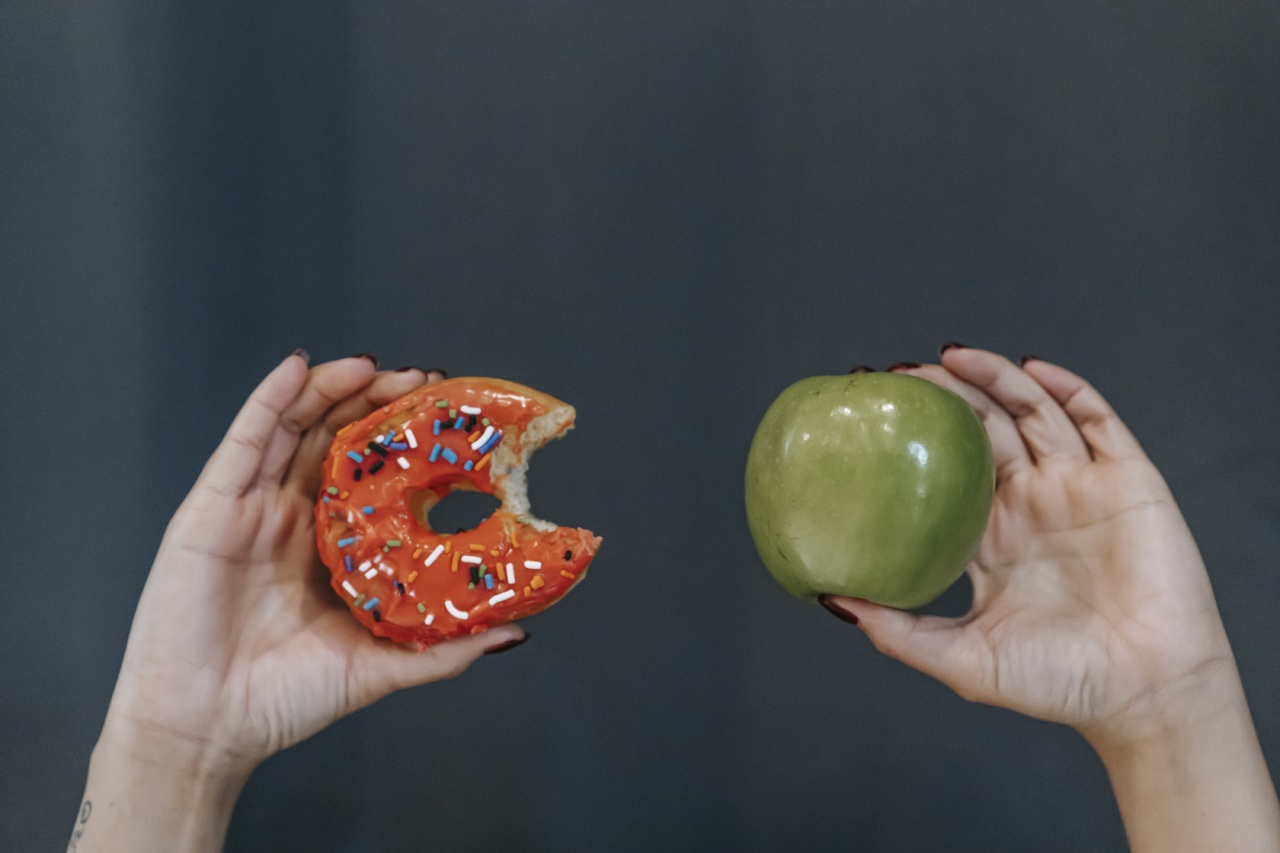Corn is a staple food that has been consumed by humans for thousands of years. It is not only delicious but also packed with essential nutrients. This versatile grain can be enjoyed in a variety of ways and provides numerous health benefits.
In this article, we will explore the nutritional value of corn and its potential impact on your overall well-being.
The Nutritional Profile of Corn
Corn is a nutrient-rich food that offers a wide array of vitamins, minerals, and antioxidants. Here is a breakdown of the key nutrients found in corn:.
- Vitamin B6: Corn is a good source of vitamin B6, which plays a vital role in brain development and function. It also helps in the production of red blood cells and aids in the metabolism of proteins.
- Vitamin C: This essential vitamin acts as an antioxidant, protecting the body against damage caused by free radicals. It also plays a crucial role in collagen synthesis and helps boost the immune system.
- Folate: Corn is rich in folate, a B-vitamin that is important for pregnant women as it supports the development of the fetal neural tube. Folate also helps in the production of DNA and RNA, the body’s genetic materials.
- Magnesium: A serving of corn provides a decent amount of magnesium, an essential mineral that is involved in numerous biochemical reactions in the body. Magnesium is important for maintaining healthy bones, regulating blood pressure, and supporting nerve function.
- Phosphorus: Corn is a good source of phosphorus, which is necessary for the formation of strong bones and teeth. It is also involved in energy production and helps regulate kidney function.
- Potassium: This electrolyte is essential for maintaining proper heart function and regulating blood pressure. Corn contains potassium, which makes it beneficial for cardiovascular health.
- Dietary Fiber: Corn is a good source of dietary fiber, which aids in digestion, promotes feelings of fullness, and helps regulate blood sugar levels. Including fiber-rich foods like corn in your diet can contribute to a healthy digestive system.
The Health Benefits of Corn
1. Weight Management
One of the great advantages of corn is that it is relatively low in calories. This makes it an excellent addition to a weight management diet.
The fiber content in corn can help increase satiety, keeping you feeling fuller for longer and reducing the urge to overeat.
2. Eye Health
Corn is rich in carotenoids, particularly lutein and zeaxanthin, which are pigments responsible for the yellow color of corn.
These compounds have been found to have protective effects on eye health and reduce the risk of age-related macular degeneration and cataracts.
3. Digestive Health
The fiber content in corn promotes healthy digestion and prevents constipation. It adds bulk to your stool, making it easier to pass through the digestive tract.
Consuming an adequate amount of fiber also helps maintain the balance of beneficial bacteria in your gut, which is crucial for overall digestive health.
4. Cardiovascular Health
The antioxidants present in corn, such as vitamin C and phytochemicals, help reduce inflammation and oxidative stress in the body. This can contribute to a lower risk of cardiovascular diseases, such as heart disease and stroke.
Additionally, the potassium content in corn helps regulate blood pressure, further supporting heart health.
5. Diabetes Management
The fiber in corn can help regulate blood sugar levels by slowing down the absorption of glucose into the bloodstream. This can be particularly beneficial for individuals with diabetes or those at risk of developing the condition.
How to Incorporate Corn into Your Diet
Now that we understand the nutritional benefits of corn, let’s explore some delicious ways to incorporate this versatile grain into your diet:.
1. Grilled Corn on the Cob
Grilling corn on the cob brings out its natural sweetness and adds a smoky flavor. Simply brush the corn with a little olive oil, season with salt and pepper, and grill until tender. You can enjoy it as a side dish or as a standalone snack.
2. Corn Salad
Mix cooked corn kernels with diced tomatoes, onions, bell peppers, and a squeeze of lime juice for a refreshing and nutritious salad. You can also add some black beans and avocado for an extra boost of protein and healthy fats.
3. Corn Salsa
Combine corn kernels, diced jalapenos, red onions, cilantro, and lime juice to create a zesty corn salsa. It pairs well with grilled proteins, such as chicken or fish, and can also be used as a dip for tortilla chips.
4. Corn Chowder
Make a cozy and comforting corn chowder by simmering corn kernels with onions, potatoes, vegetable broth, and a touch of cream. Season with herbs and spices of your choice, and garnish with fresh parsley.
5. Whole Grain Corn Bread
Instead of using refined flour, opt for whole grain cornmeal to make a healthier version of cornbread. It pairs perfectly with a bowl of chili, soups, or stews.
Conclusion
Corn is a versatile grain that not only adds flavor to your meals but also provides numerous health benefits. With its nutrient-rich profile and relatively low-calorie content, corn can be a valuable addition to a balanced diet.
Whether you enjoy it grilled, in salads, salsas, or chowders, incorporating corn into your meals ensures a boost in essential vitamins, minerals, and dietary fiber. So, go ahead and savor this tasty and nutritious grain!.































